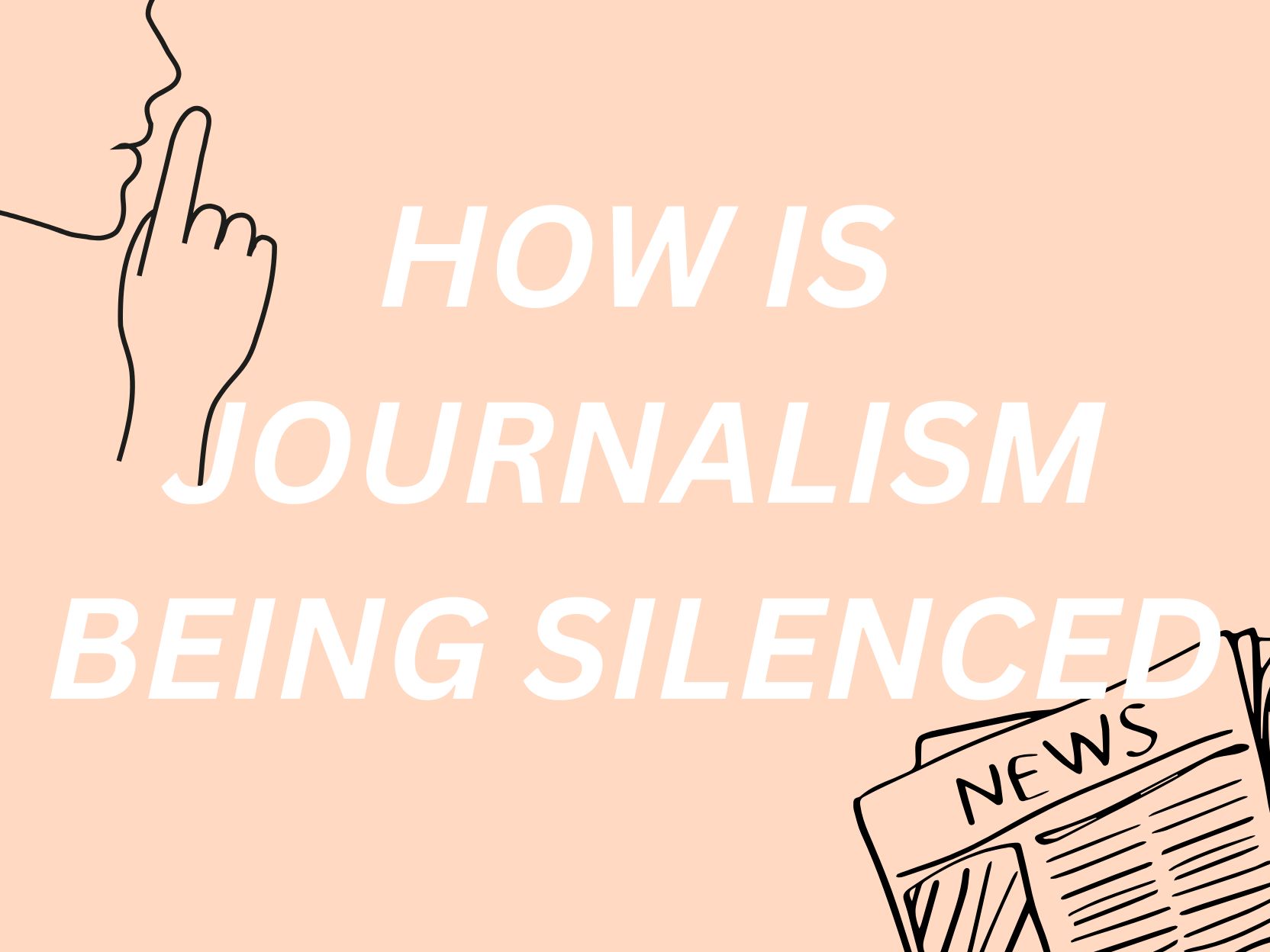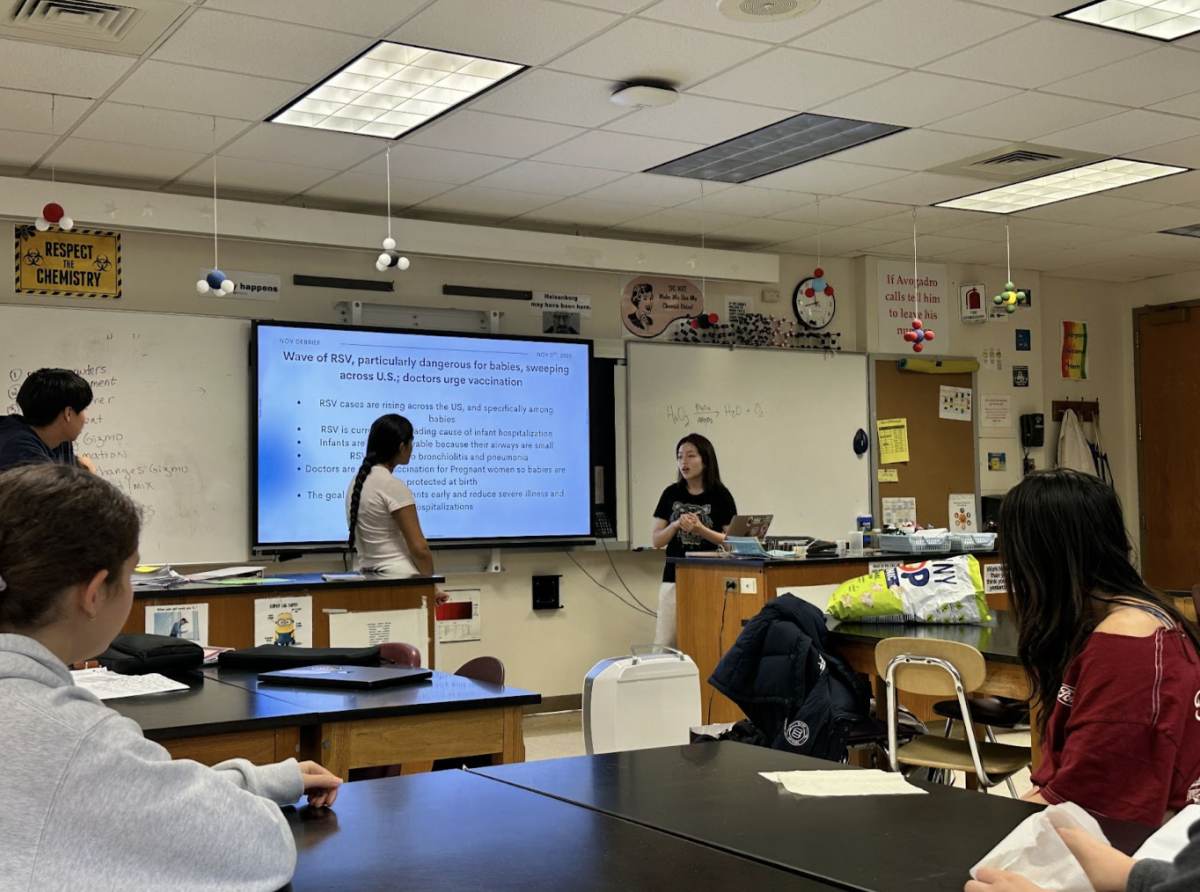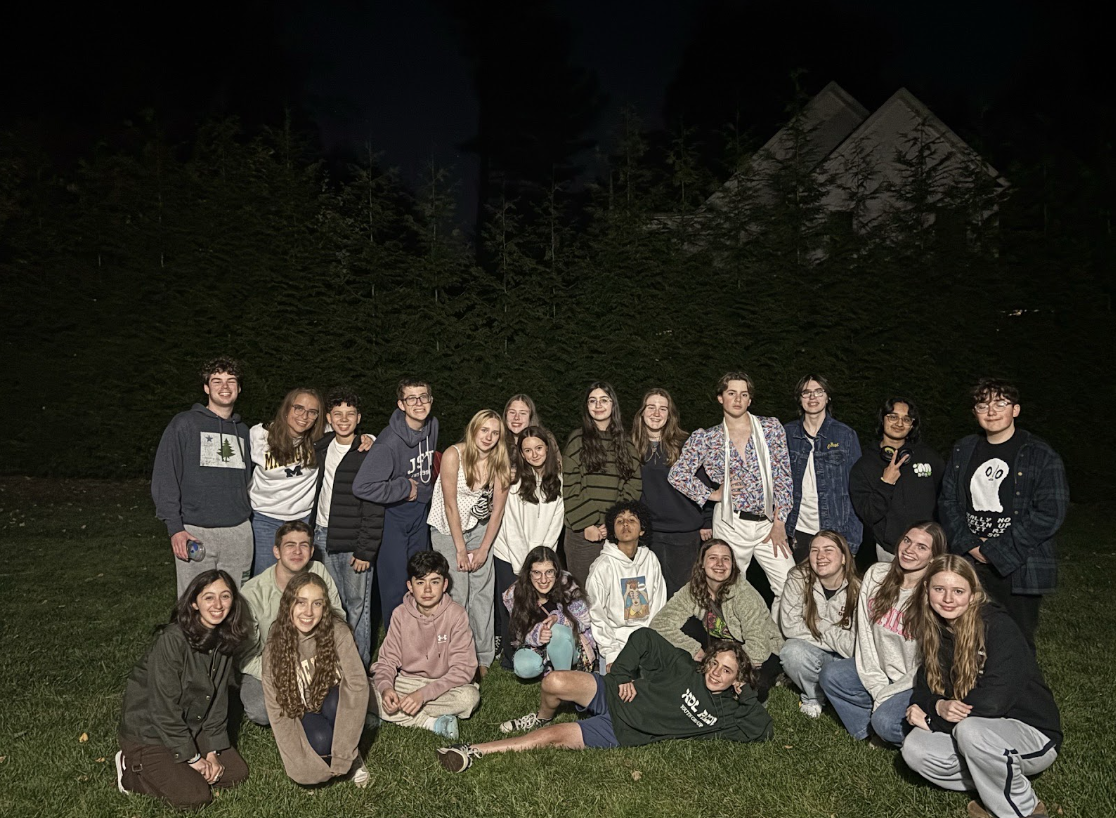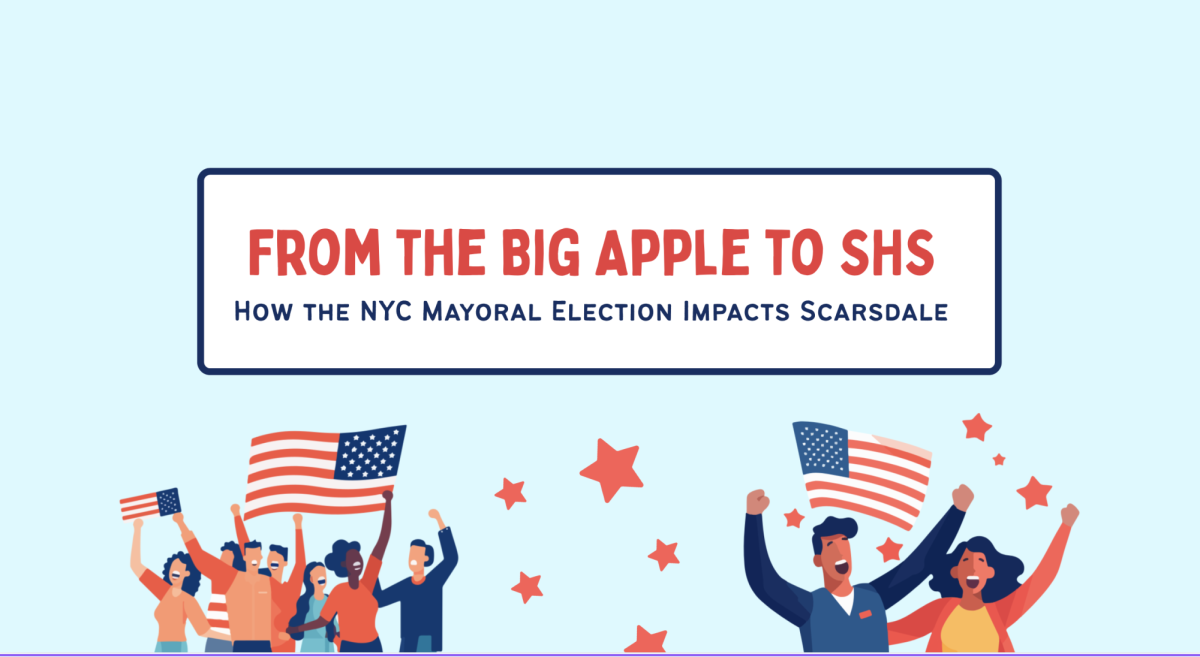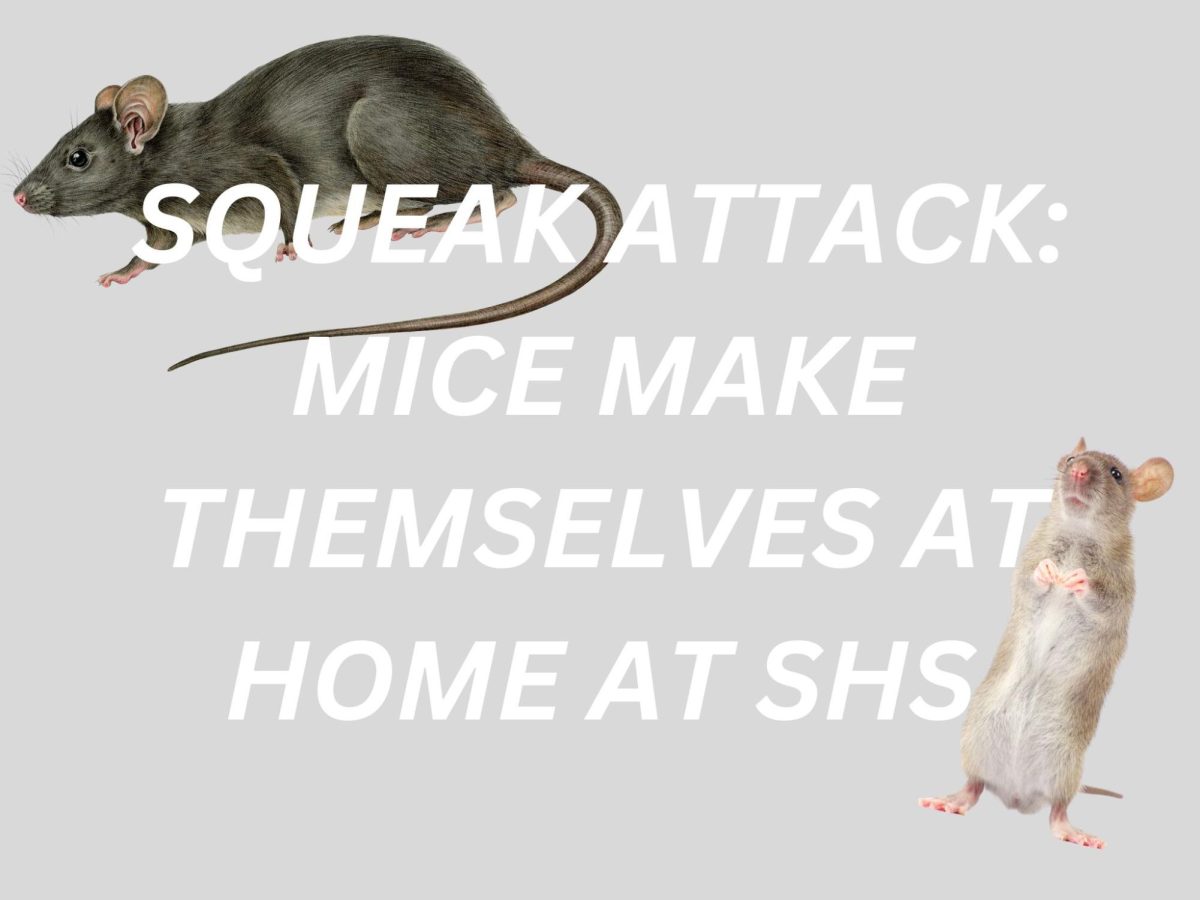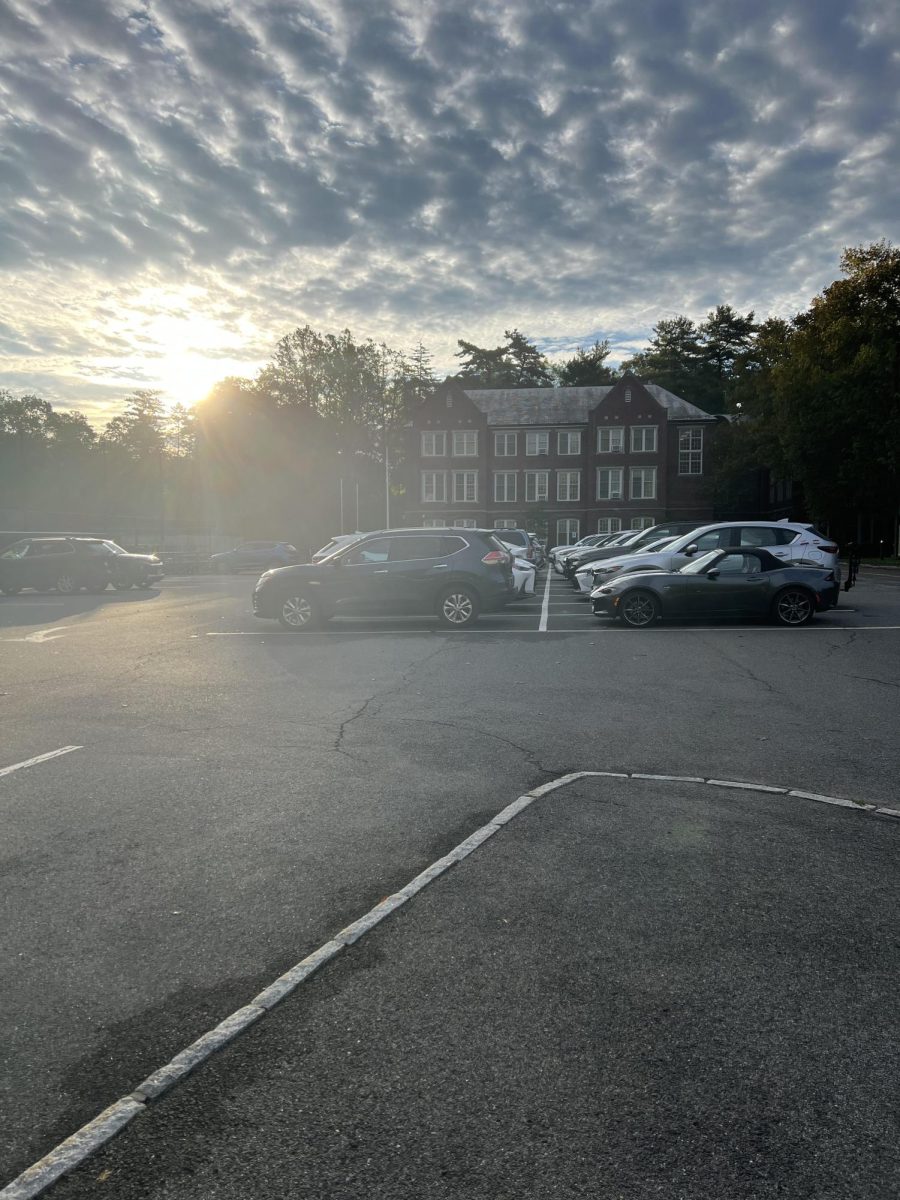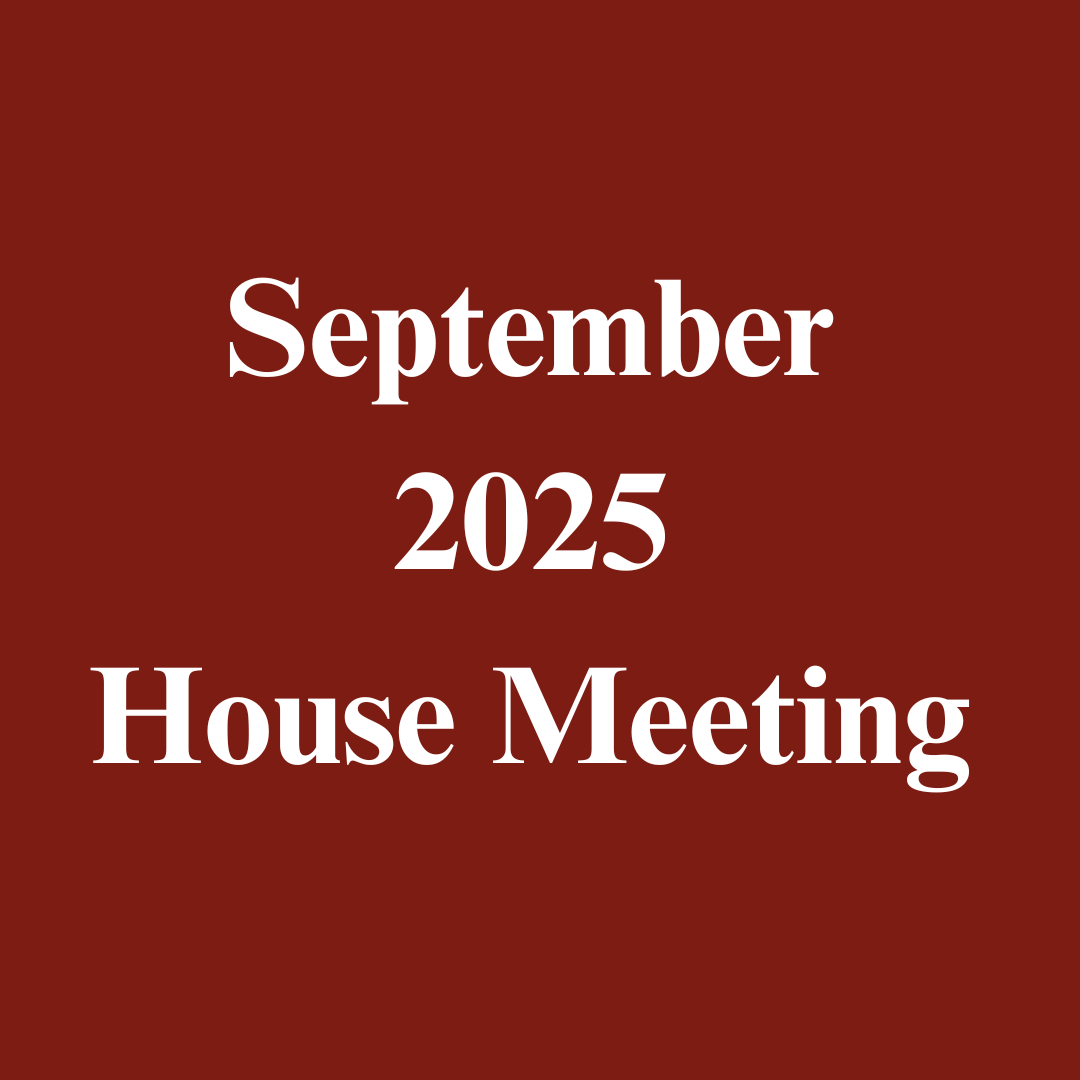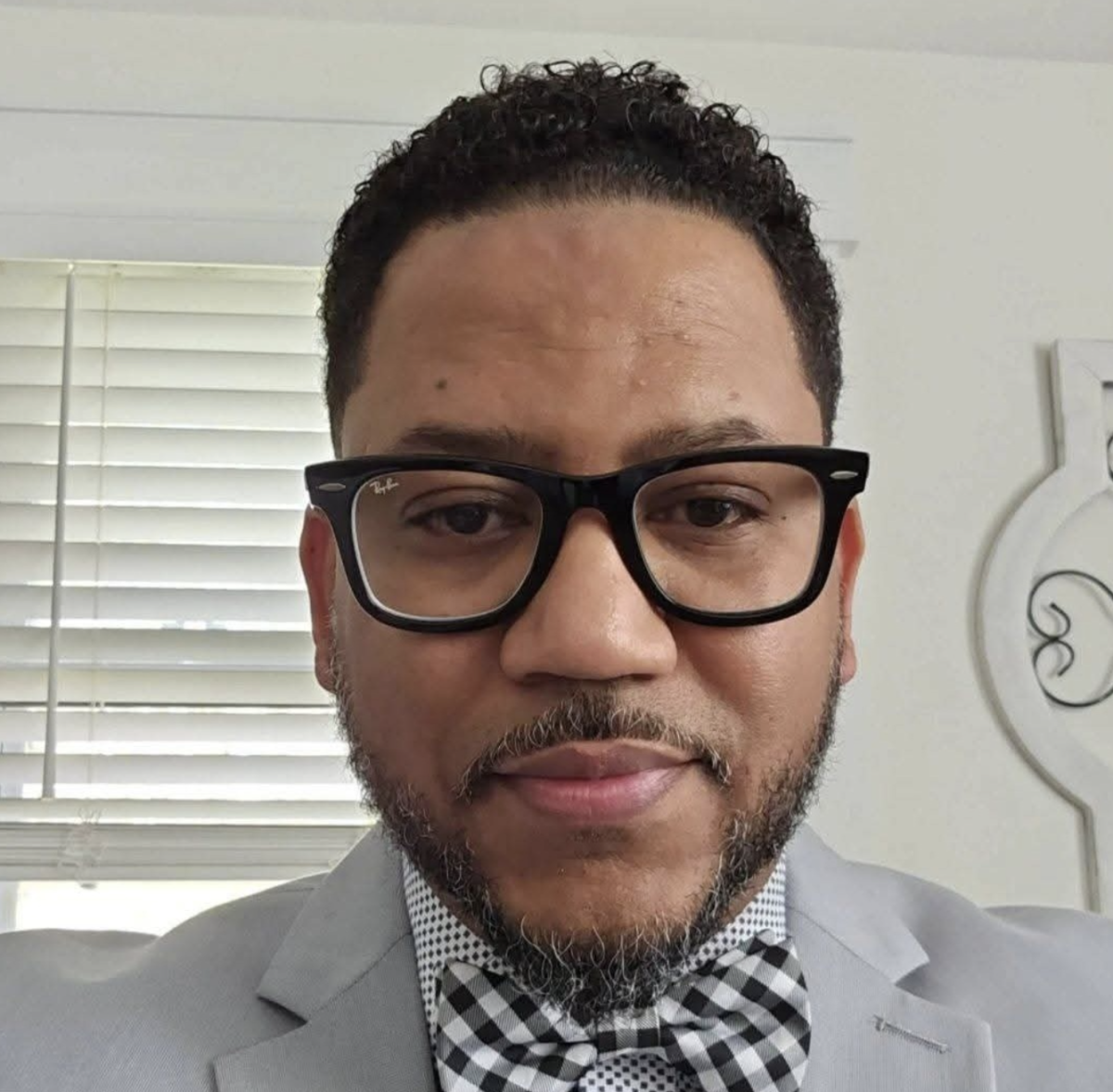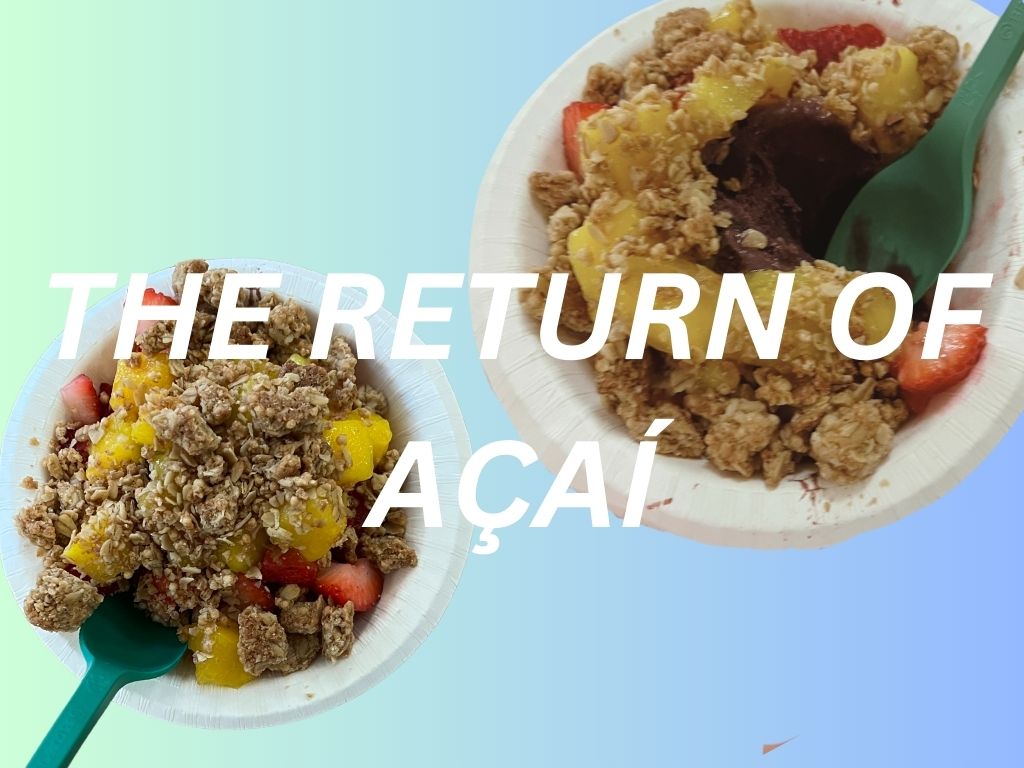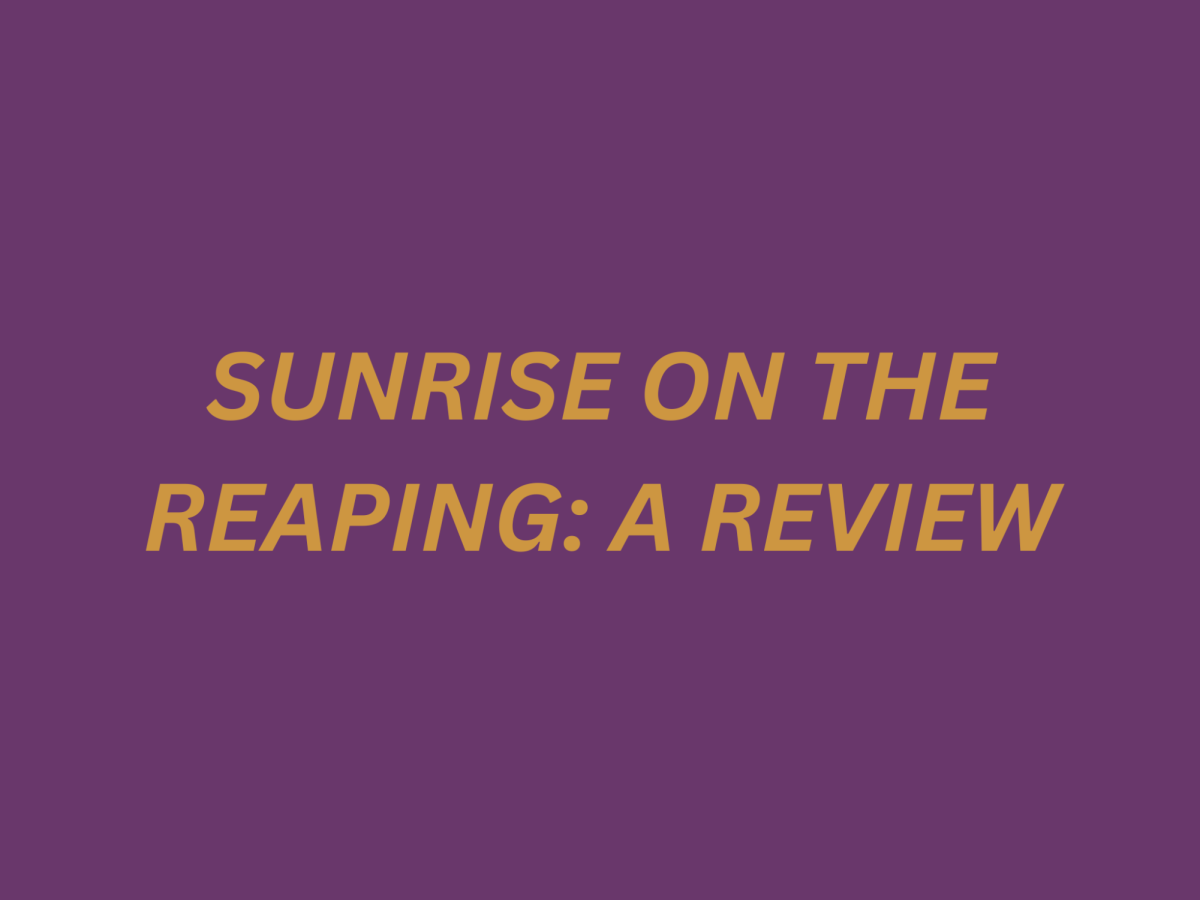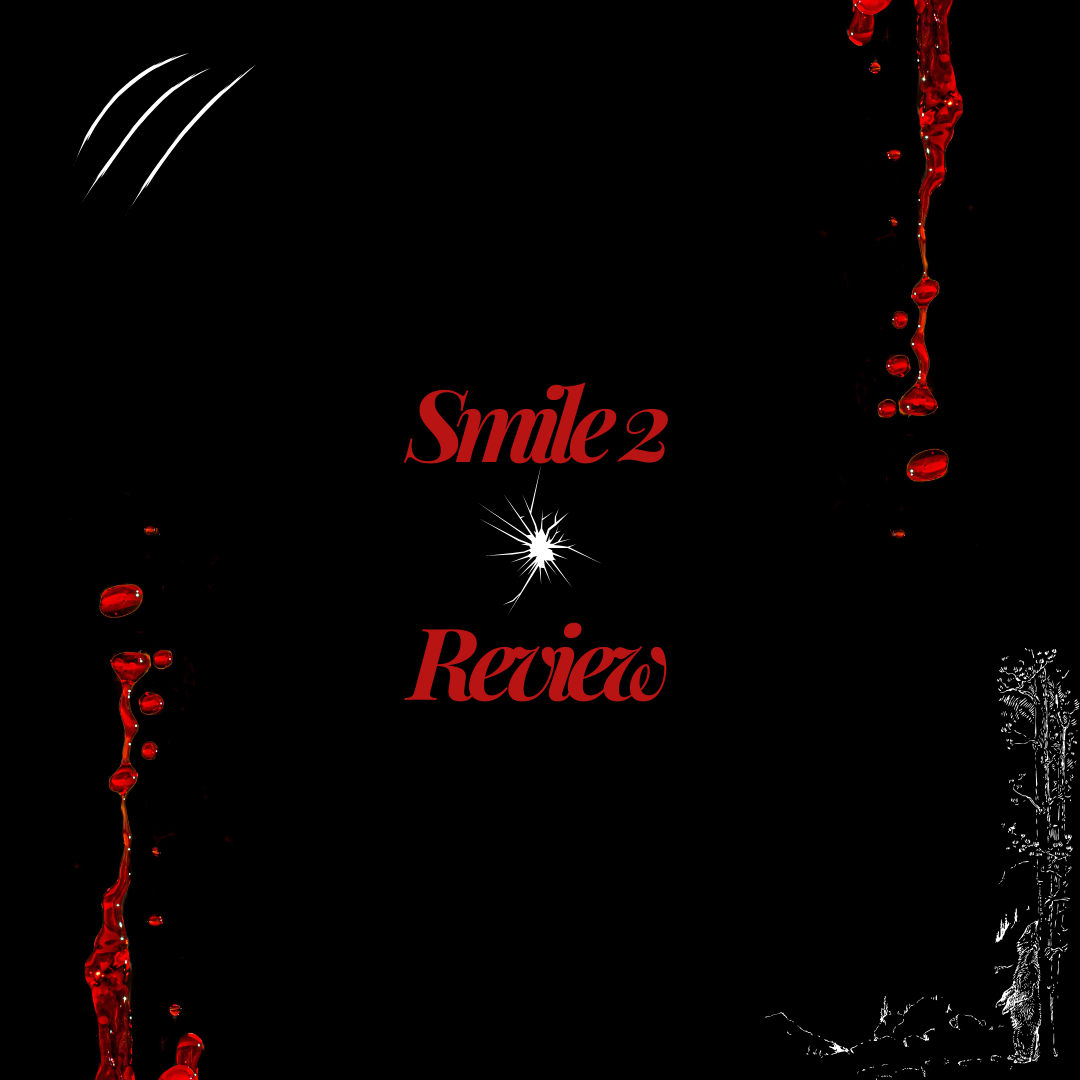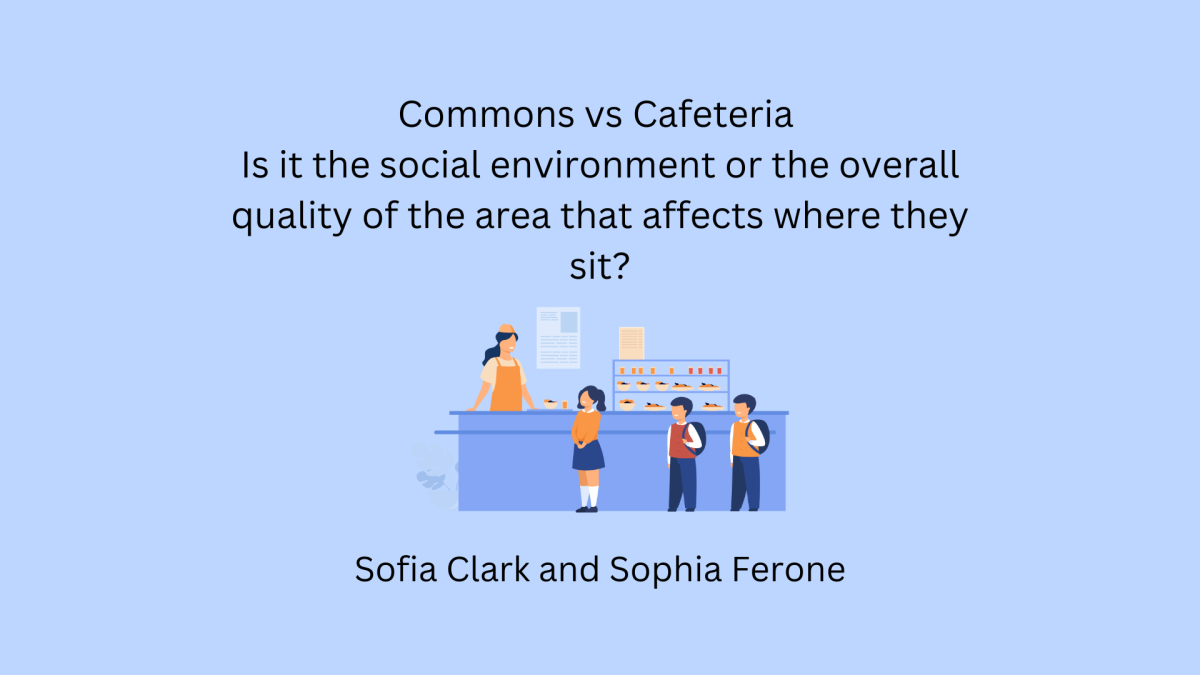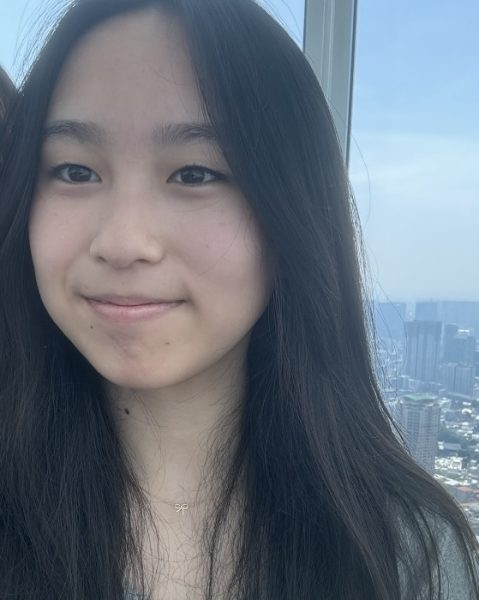On September 17, 2025, the famous, long-running late-night talk show Jimmy Kimmel Live! was controversially cancelled by ABC after Kimmel, its host, made remarks on the show about the popular conservative activist Charlie Kirk following Kirk’s death. Many people questioned ABC’s decision because it conflicted with the First Amendment of the United States Constitution, protecting free speech; specifically, they expressed that their criticism of the cancellation of Kimmel’s show was out of concern for their own First Amendment rights.
Later, the show was brought back due to popular demand. On September 23, millions of people watched his comeback broadcast, during which Kimmel explained, “What is important is that we get to live in a country that allows us to have a show like this.” In other words, his point was that people living in the U.S were fortunate to live in a country where a variety of unique, often conflicting sources of media could coexist, representing America’s diverse set of opinions. Kimmel’s case begs the question: To what extent does this freedom of speech still exist in the U.S. today?
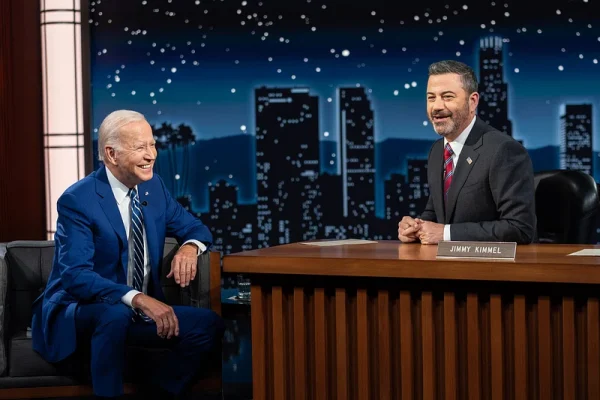
It isn’t just Jimmy Kimmel Live!; many other media corporations are also being silenced for the press that they release. For example, the broadcasting system PBS, known for airing the children’s show Sesame Street, has had its funding cut by the Trump Administration due to its belief that PBS broadcasts “biased” media. However, arguing against the administration’s claim, PBS stated its mission was to “educate, inspire, entertain and express a diversity of perspectives” — according to its official website.
Our mission in Maroon, SHS’s news organization, much like PBS’s stated one, is also to report, from a variety of writers, about any important announcements or news that could affect people. In other words, the job of journalists everywhere, regardless of network, is undermined by censorship.
Journalism plays a crucial role in keeping society informed by holding the government accountable for decisions that impact communities. It empowers the public by enabling them to share their opinions and concerns with the world, thereby fostering public awareness. It gives people a chance to have their voices heard, creating space for social change and drawing attention to injustices.
Considering how vital journalism is for our society, it is unfortunate that many are overlooking its role. Threats to journalism are threats to democracy itself; they target the public’s ability to be informed about what’s going on around them, effectively displacing that unofficial branch that keeps officials accountable.
More personally, though, as a member of Maroon, I am concerned that freedom of speech in journalism is even being debated. Being part of this club allows me to experience what it’s like to be a reporter, writer, and informant to the public at the same time. Although our club primarily focuses on Scarsdale-specific events, it shares crucial goals with major American media outlets: to investigate, fact-check, edit, report, and distribute information about any relevant events, putting people in a place where they must utilize their critical thinking skills to engage civically.
Whether it is focusing on larger issues like climate change or less serious topics like reading movie recommendations, through each article, journalism empowers both the writer and the reader. Censoring journalism doesn’t silence discourse; instead, it intensifies efforts to preserve free speech and reveal the underlying truth.



